Nocturne comes to life within the inner machinations of the piano onstage. An angelic voice projects “Liebeszauber” to an engrossed audience. “Sonata Fantaisie in G sharp minor” tickles the brain as it rings out. This is the 47th Giles-Harris Music Competition, where melodies marinate to create an experience like no other.
Held annually at Wake Forest since its inception in 1977 by Paul Sina, the Giles-Harris competition is open for all Wake Forest music students regardless of their major. The competitions offer Wake Forest student musicians the chance to perform and compete for cash prizes, judged by some of the region’s finest musicians.
With $4,500 in prize money on the line, it would be easy to assume that the competitors would be tense as they got up on stage. After all, such a competition should breed intensity, and such an atmosphere during the event should be suffocating. But not here, not now. A much warmer and relaxed ambiance was in the air during this competition.
Before the doors to the Brendle Recital Hall even opened, people awaited in anticipation in the lobby of Scales Fine Arts Center for the day’s performances. These patrons were the parents, the grandparents and the teachers of these music students, so greatly invested in this performance that they were willing to get up for a 10 a.m. matinee.
“He doesn’t get a ton of us visiting constantly,” Michigan resident Genelle Corey said about her son John Corey, who performed “Partita No. 3 in A minor” during the piano competition. “It’s a good reflection of all the work he put in, to be able to go in and have fun … And if you really, truly love classical music, then you just love listening to everybody. I’m excited to hear them.”
Perhaps it was the love of art that allowed these strangers to intermingle with each other naturally. Their interactions felt as though they were all meeting at a family reunion, rather than a school music competition. Friendliness and affinity seemed to resonate throughout the space, and anyone passing by might have been enticed to join in on watching the performances.
Entering the auditorium felt like peeling back the curtain of Oz. Unlike more formal performances, all the lights were kept on in the auditorium. The competition itself was set upon an empty stage, a lone piano at its center, devoid of the dramaturgy of a typical musical performance. However, the yellow lights contrasted with the white backdrop of the stage to create a warm spot that is easy on the eyes, and bathed in this warm glow was where the competitors performed.
The audience was sparse. Groups of people, family and friends, were dispersed upon the upper rows of the auditorium. The judges themselves sat in a row right in front of the stage, a trifecta of judgment, heads darting up and down between their notes and the competitors up on stage playing.
I’m certainly very, very grateful to be given the award, and it’s such an honor, but I share it with all the other singers that were there.
— Richard E. Heard Award for Outstanding Performance by a Singer and senior Elsa Maurizi
The competition preceded at a fast clip. Each competitor approached the stage and began their piece. There was no hesitation, no fanfare, no anticipation. Like breathing, these artists performed their work unabashedly. They had worked through intense lessons, long sessions and were then happy to share their hard work with people who would appreciate it and appreciate them.
After three years of voice lessons and three weeks preparing her pieces for the competition, Senior singer Elsa Maurizi was one of the few singers to be rewarded for her hard work and dedication. As a first-time competitor, Maurizi managed to win the Richard E. Heard Award for Outstanding Performance by a Singer during the open competition with her rendition of three classical German songs: “Liebeszauber Op. 13 No. 3,” “Man sagt mir, deine Mutter woll es nicht No. 21” and “Die Mainacht Op. 43 No. 2.”
“I was totally surprised,” Maurizi said. “The other singers that I was singing with in the competition are all friends of mine, and I’ve heard them all sing and they’re absolutely incredible, some of the best musicians I ever heard, so I was really shocked to say the least.”
David Levy, former professor of music, chair of the music department and associate dean at Wake Forest, has plenty of experience with this competition and how these incredible musicians work through it. A friend of Paul Giles (for whom the competition is named after), Levy has been to this competition many, many times, and has even presented the awards during the competition.
“They may never do this again in their lives. But it’s a learning experience to see if they can memorize the music, to practice, to perfect as best as they can their skills — to have the courage to go out on stage knowing that they’re being judged,” David said. “There’s a psychological lesson to be learned, I think, in how to deal with stressful situations.”
For the most part, it seemed as though the competitors had excelled at learning to handle their stress, as they gracefully performed looking as though they hadn’t a care in the world. It was clear to everyone in the room that great, great artistry was at work there. But unlike most formal performances, it felt intimate.
The intimacy came from the performance feeling less like a performance and more like a rehearsal — a look into private moments most people aren’t privy to. In these moments you can see the musicians and singers’ love and admiration for their profession. There was a bond created by this music tying each musician and singer that transcended simple competitiveness.
“The competition as a whole was not necessarily about winning the award, it’s more about just accomplishing it for yourself,” Maurizi said. “I’m certainly very, very grateful to be given the award, and it’s such an honor, but I share it with all the other singers that were there.”

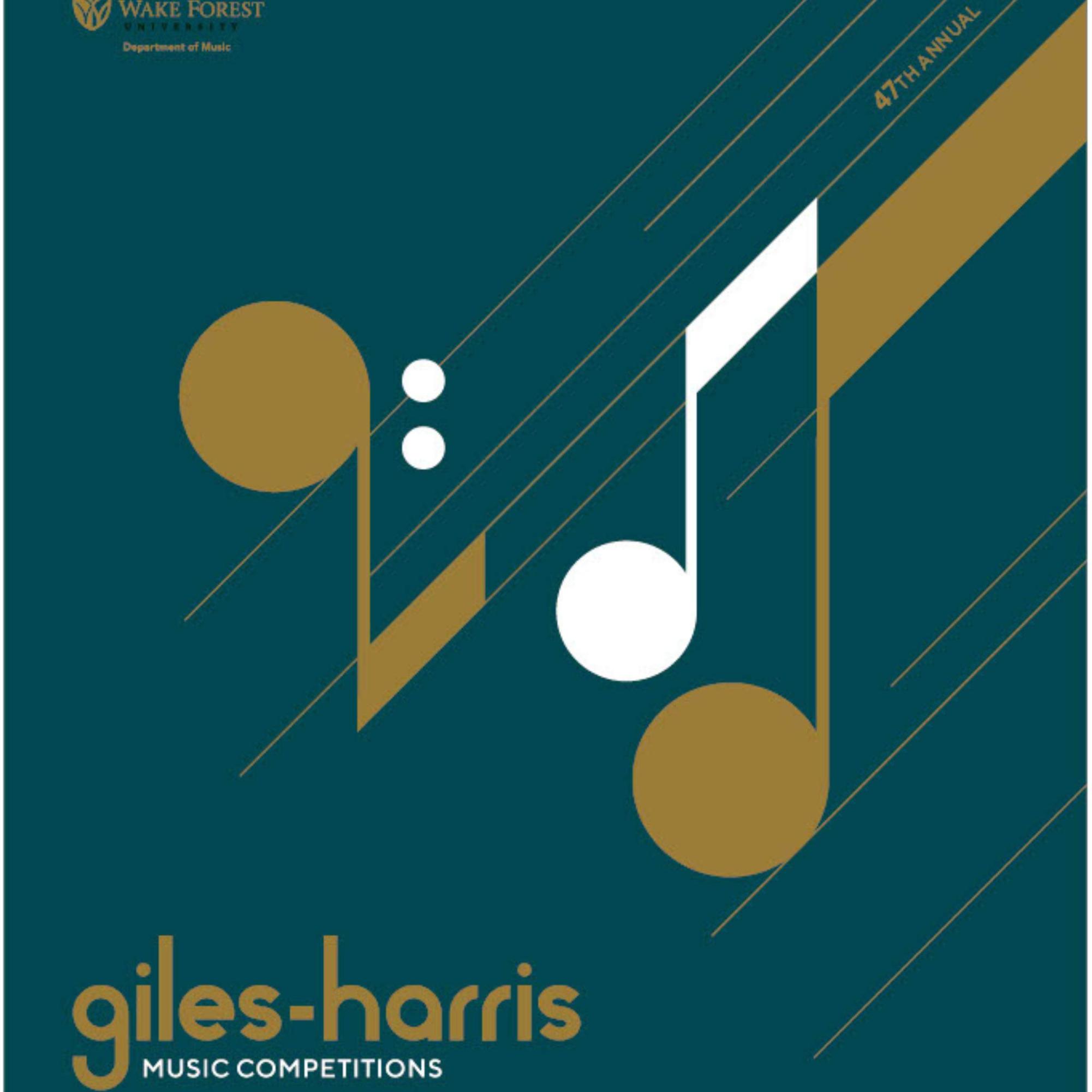


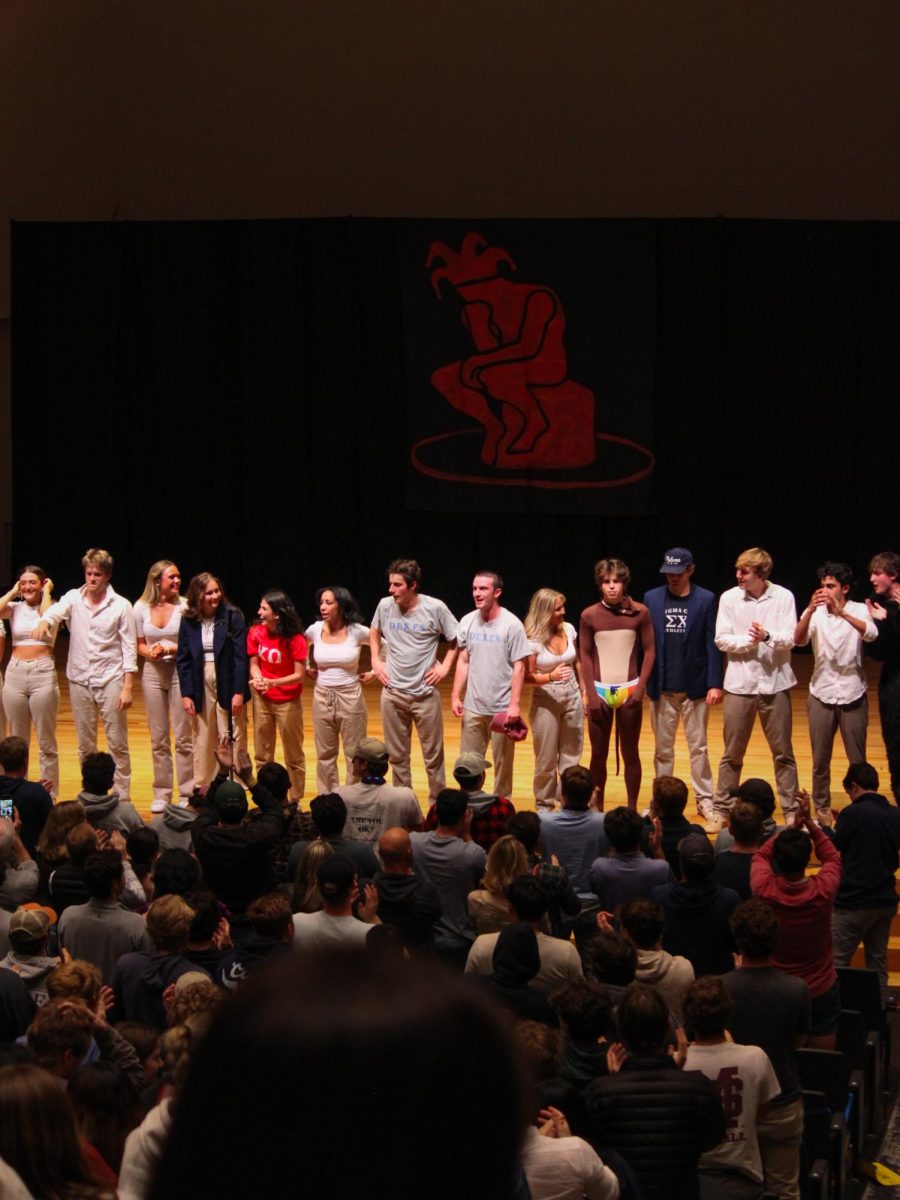
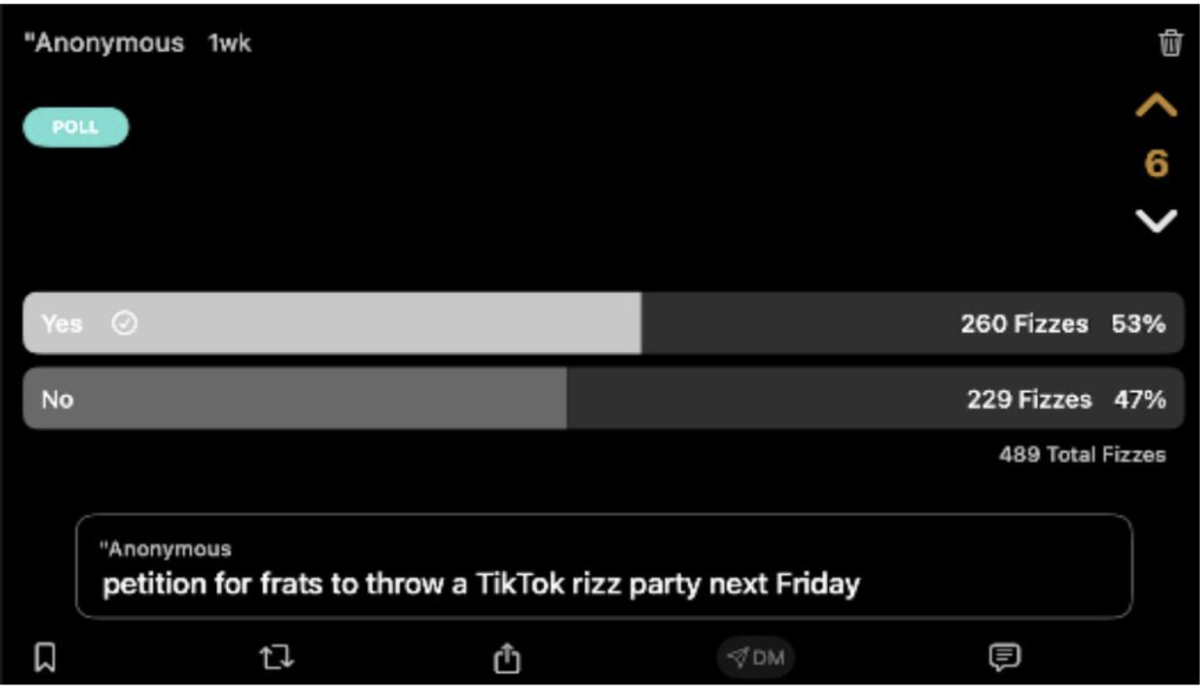



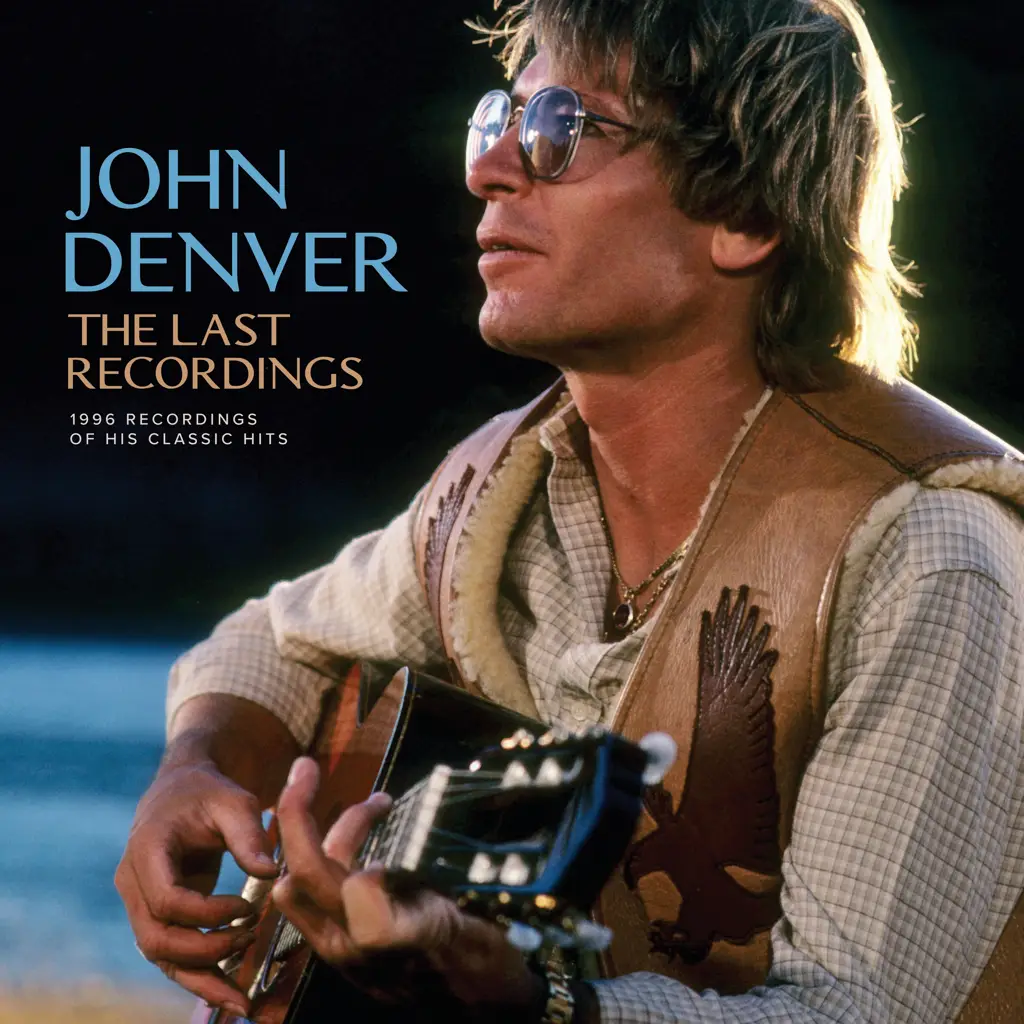
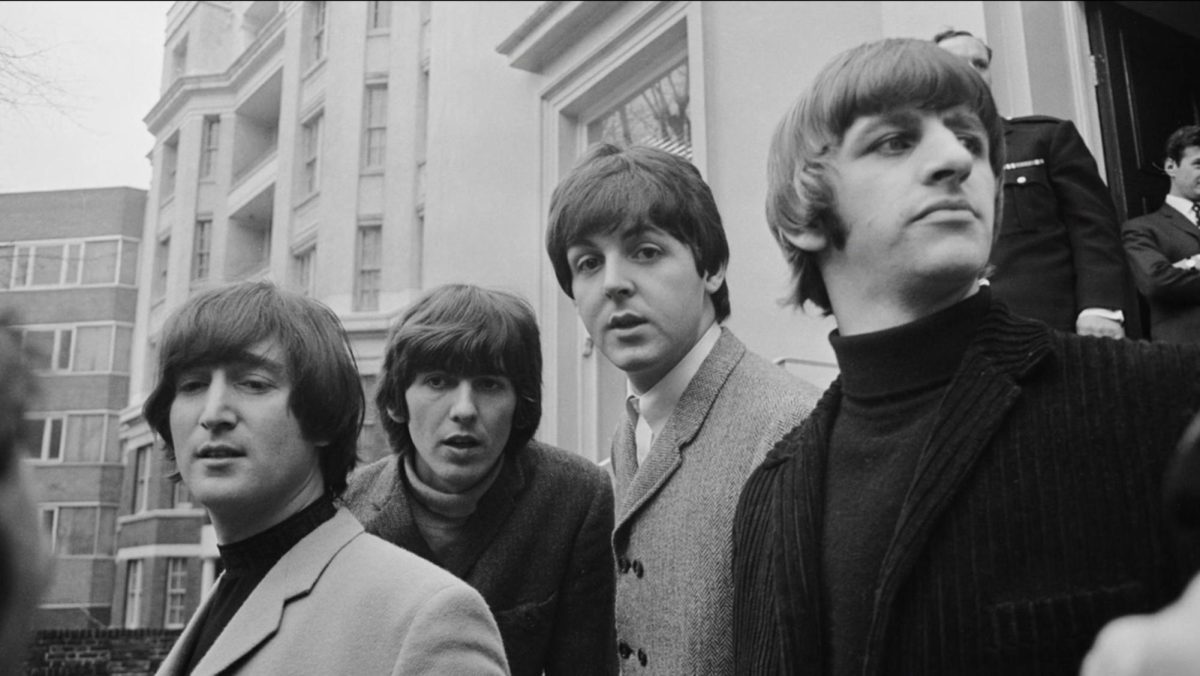

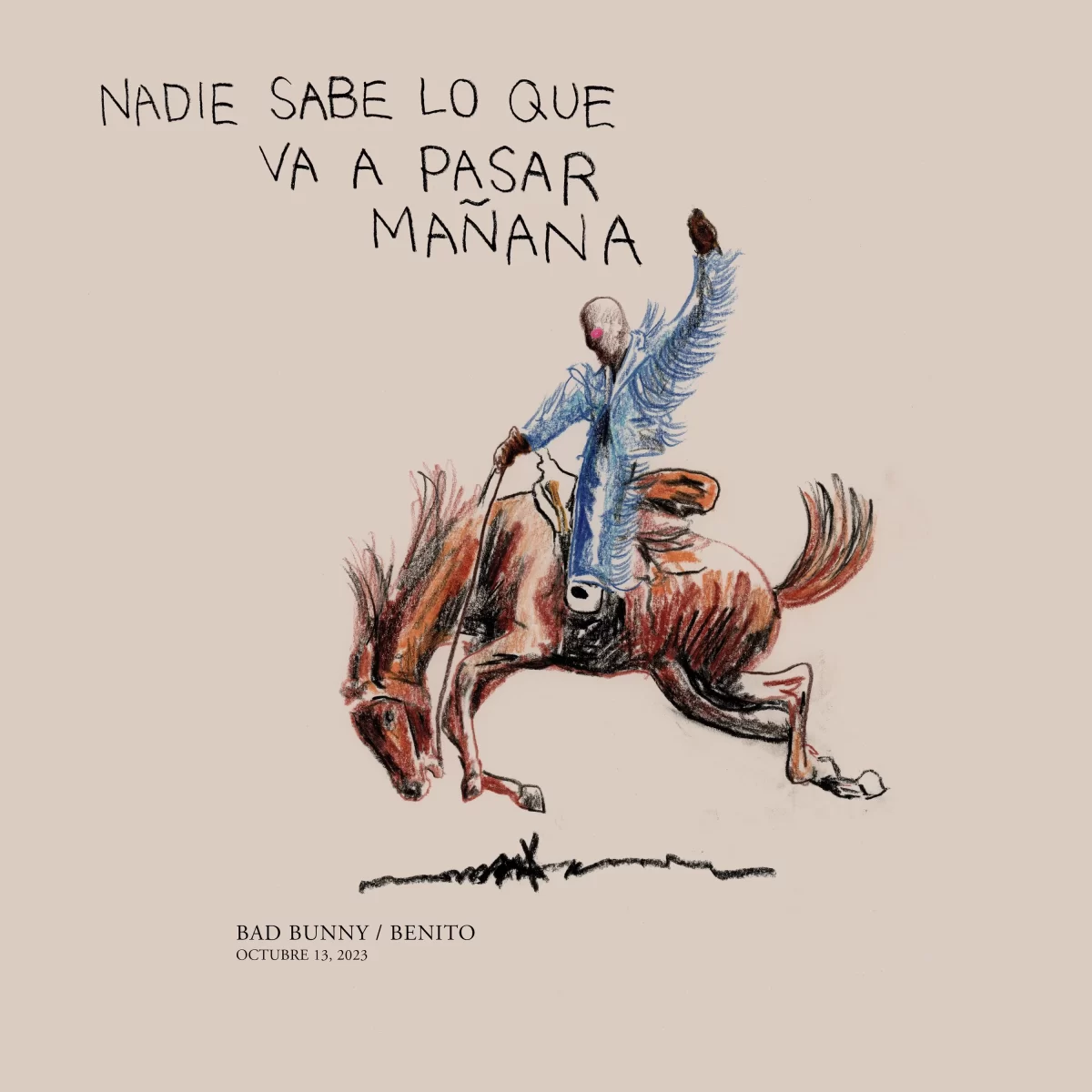
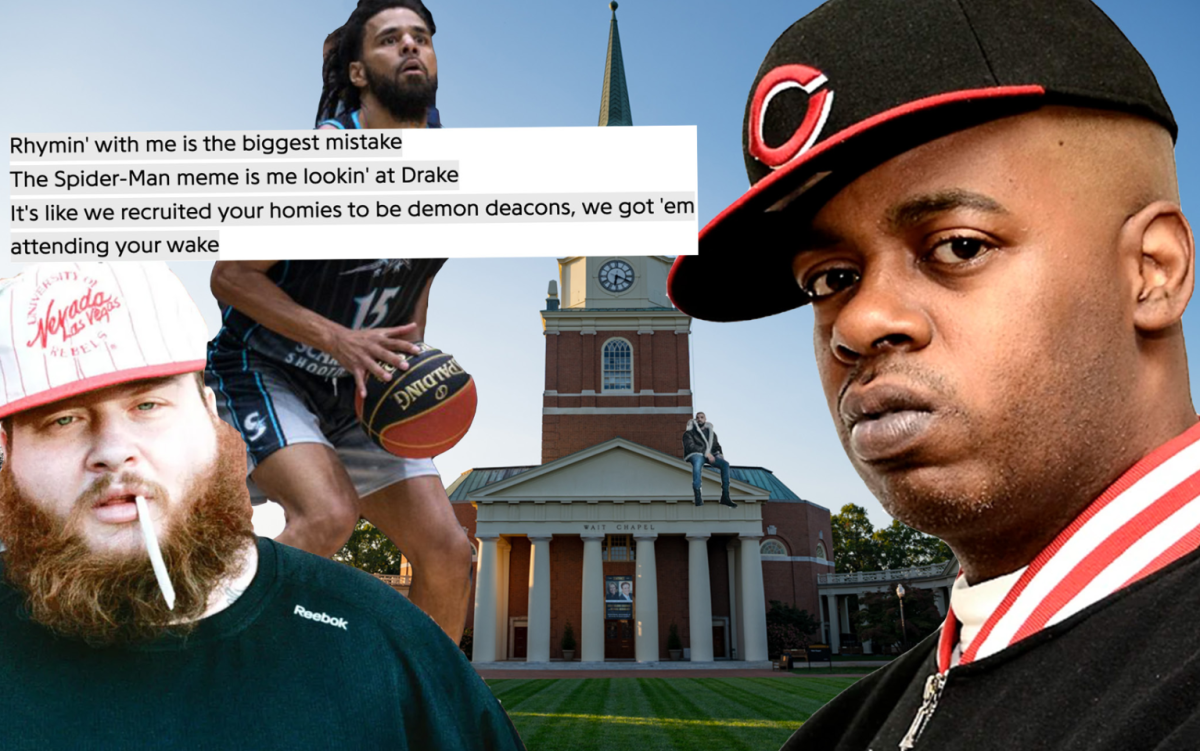
Reynolds • Apr 25, 2024 at 8:29 pm
What a lovely observation of what seemed like a “harmonious” event. I could almost hear the music! Congratulations to all the participants for their hardwork.
Millie • Apr 25, 2024 at 8:01 pm
Great article I love music and as I was reading, I felt like I was there,I also like the fact the ,teachers ,family and relatives were there to support those incredible young people .
musicfan • Apr 25, 2024 at 4:24 pm
The article is so well written. I could imagine myself there, cheering on the musicians and singers. Congratulations to the winner and all who participated.